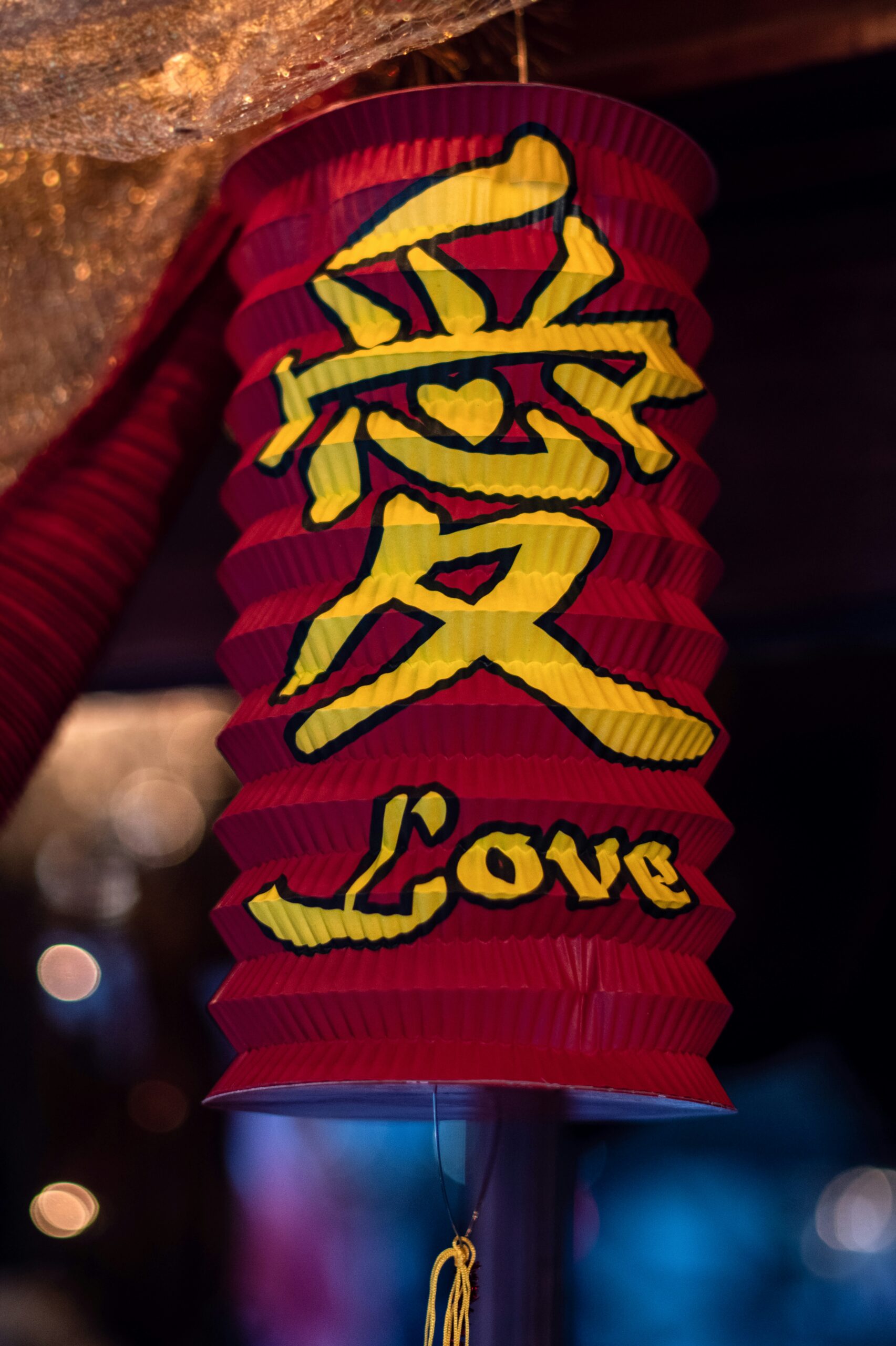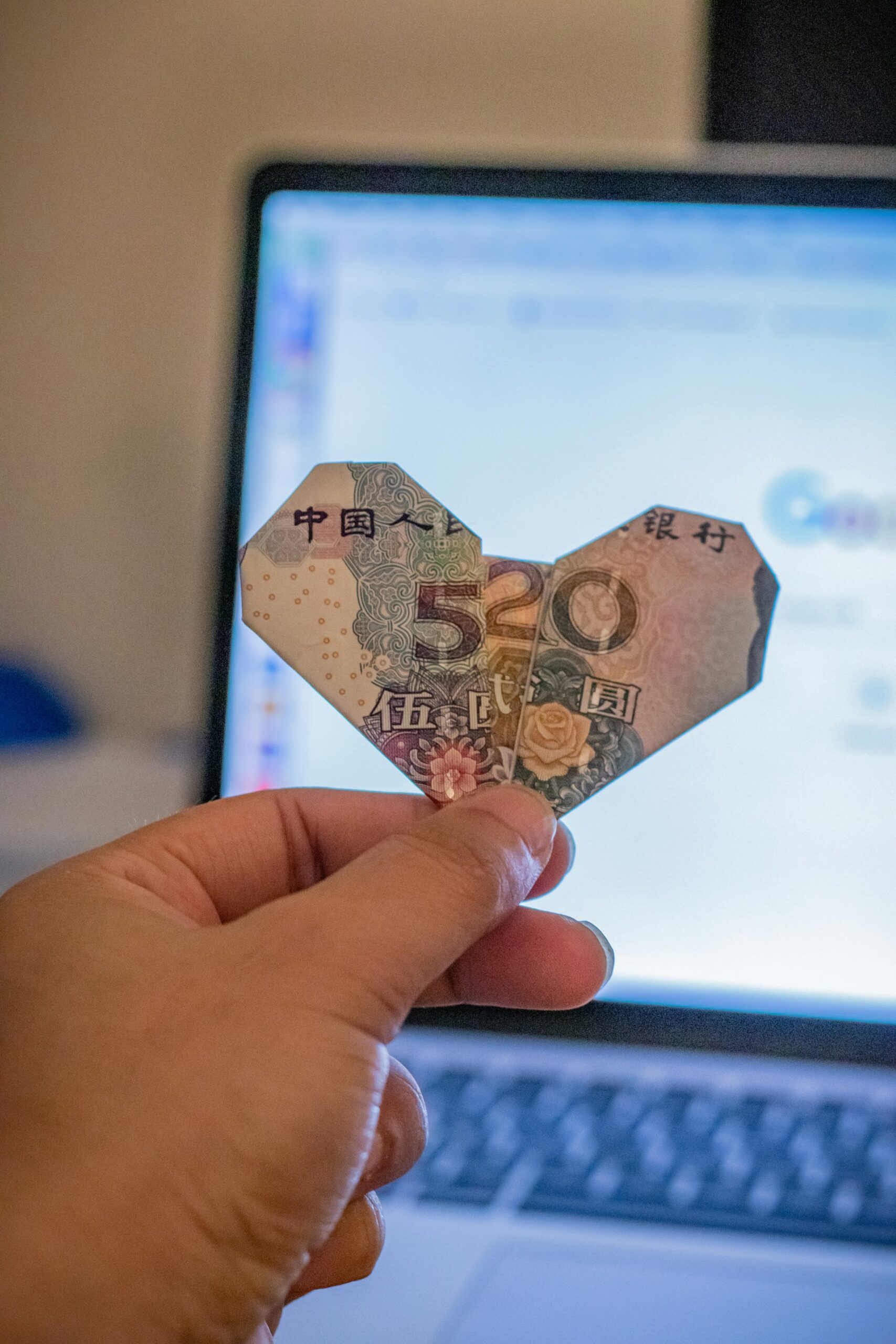Ever heard of “520”? Nope, it’s not a new area code or a secret discount (though, hey, you might find some deals!). In China, these three little digits – 五二零 (wǔ èr líng) – happen to sound an awful lot like the phrase 我爱你 (wǒ ài nǐ), which, as you probably know, means “I love you.” And just like that, thanks to the magic of homophones (words that sound alike but have different meanings), May 20th (that’s 5/20, get it?) has blossomed into an unofficial, yet wildly popular, Chinese Valentine’s Day.
As someone who’s witnessed this “love-fest” firsthand more than once in China, let me tell you how a simple play on words cooked up a full-blown holiday that gets hearts pounding (and wallets opening) by the million.
Homophone Hysteria: The Magic of Mandarin
The Chinese language is an absolute goldmine for puns and wordplay. With a limited number of syllables and cái Sinosyllable tonal system, you’ve got tons of words звучання the same or very similar. This linguistic quirk is used all the time in daily chat, internet slang, and, you guessed it, marketing.
And that’s exactly what happened with “520”:
-
五 (wǔ) – five
-
二 (èr) – two
-
零 (líng) – zero (or “O” when you’re rattling off numbers)
Say “wǔ èr líng” quickly, and it really does sound a heck of a lot like that sweet nothing, “wǒ ài nǐ.” Especially if your ear is already tuned to romance!
This phonetic resemblance first caught on in online chats as a nifty numerical shorthand for expressing affection (kinda like “ILY” or “XOXO”). Then, as these things often do, the online trend spilled over into the real world and turned an ordinary May day into a full-blown celebration of love.
Why So Many Valentine’s Days, Though?
Now, you might be thinking, “Don’t the Chinese already have Valentine’s Day?” And you’d be right! Besides the globally recognized February 14th, they have their own traditional day for lovers: Qixi Festival (七夕节), or the Double Seventh Festival (seventh day of the seventh lunar month), tied to a beautiful legend about a Cowherd and a Weaver Girl.
So, why pile on another one?
-
It’s a Youth Thing: “520” is primarily a hit with the younger, internet-savvy generation. It’s fresh, modern, and not weighed down by ancient traditions.
-
Ka-Ching! The Commercial Angle: Let’s be real, businesses quickly cottoned on to the fact that another excuse for gift-giving, fancy dinners, and flower-buying was a goldmine. They’re more than happy to fan the flames.
-
Simple & Sweet: The date 5/20 is easy to remember, and the “520” code is perfect for texts, social media posts, and even usernames.
-
“One More Chance!”: For anyone who might have, uh, overlooked February 14th or Qixi, “520” is a perfect opportunity to make amends! 😉

How Do People Celebrate “520” in China?
In terms of sheer buzz, “520” can definitely give the more established love-themed holidays a run for their money. So, what goes down on this day?
-
Flower Frenzy: Roses (especially red ones) and other romantic bouquets fly off the shelves. Prices skyrocket, but who’s counting when love’s in the air?
-
Gifts Galore: From teddy bears and chocolates to jewelry and the latest gadgets – anything that makes your significant other swoon is fair game. “Couples’ items” (matching outfits, accessories) are a big hit, symbolizing togetherness.
-
Romantic Dinners: Restaurants and cafes are packed to the rafters. Snagging a table at a popular spot becomes an Olympic sport.
-
Popping the Question (or Just Spilling the Beans): Many choose this day for grand proposals or simply to confess their feelings for the first time. After all, “520” has already done half the work for you!
-
Wedding Bells Ringing: Marriage registration offices often see a huge surge in couples массово связываясь узами брака. It’s a symbolic date, after all!
-
Online Outpouring: Social media feeds explode with photos of gifts, flowers, gushy declarations of love, and hashtags like #520我爱你. Influencers and bloggers also jump on the bandwagon, fueling the hype.
-
Deals and Steals: Shops and e-commerce platforms roll out special “520” sales and promotions. “Buy one, get one for your beloved” is a classic.
The Number Magic Doesn’t Stop at “520”!
Oh, and by the way, “520” has a romantic sidekick!
-
521 (wǔ èr yī): This is often used as a response, meaning “I love you too” or “I’m willing/I do.” This is because 一 (yī), in some dialects or when pronounced a certain way, can sound like 你 (nǐ) – you or 愿意 (yuànyì) – to be willing. So, May 21st often feels like day two of the love fest.
-
1314 (yī sān yī sì): This numeric combo sounds like 一生一世 (yīshēng yīshì) – “one life, one lifetime,” or basically “forever.” You’ll often see it paired with “520,” like “5201314” (I love you forever). How’s that for digital romance?
A Pinch of Skepticism (Because, Why Not?)
Of course, not everyone in China is head-over-heels for “520.” Some find it a bit too commercial, a manufactured holiday, just another excuse for mindless spending. The older generation might just scratch their heads and wonder what all the “520” fuss is about.
But, love it or roll your eyes at it, “520” has firmly cemented itself into modern Chinese culture, especially among young people. It’s a fantastic example of how language, technology, and commerce can weave together to create a vibrant, new tradition.
The Takeaway
So, if you find yourself in China on May 20th, don’t be surprised by the explosion of roses, couples twinning in matching outfits, and the general air of smitten-ness. Just know that it’s “520” – the day when three simple digits speak louder than a thousand words. And that, you have to admit, is pretty sweet and very, very Chinese! 😉 And hey, maybe you’ll feel inspired to send a “520” to someone special yourself. Love, after all, knows no borders or language barriers!
